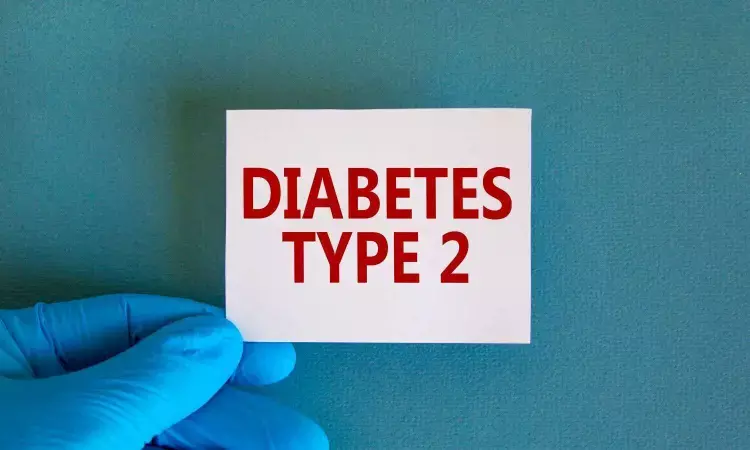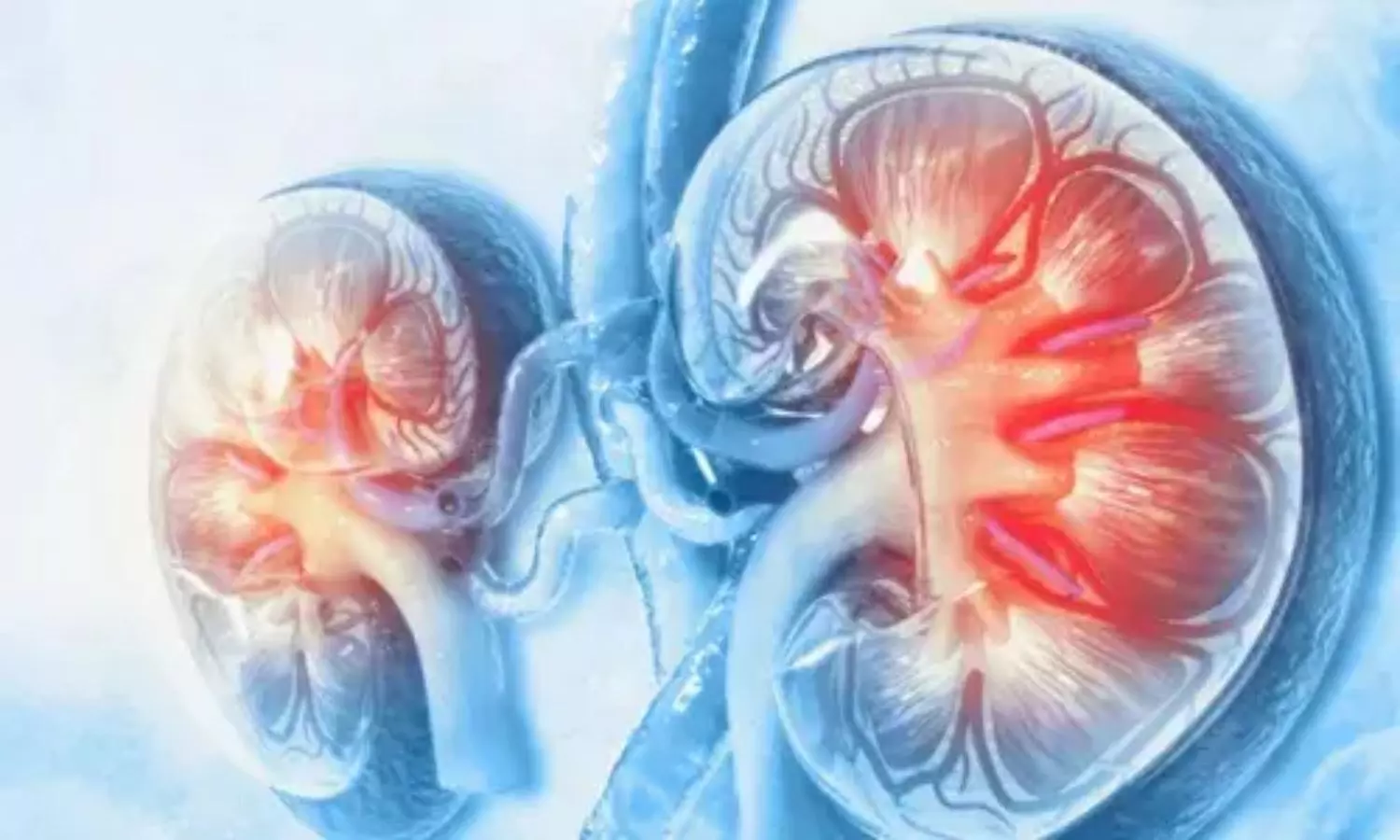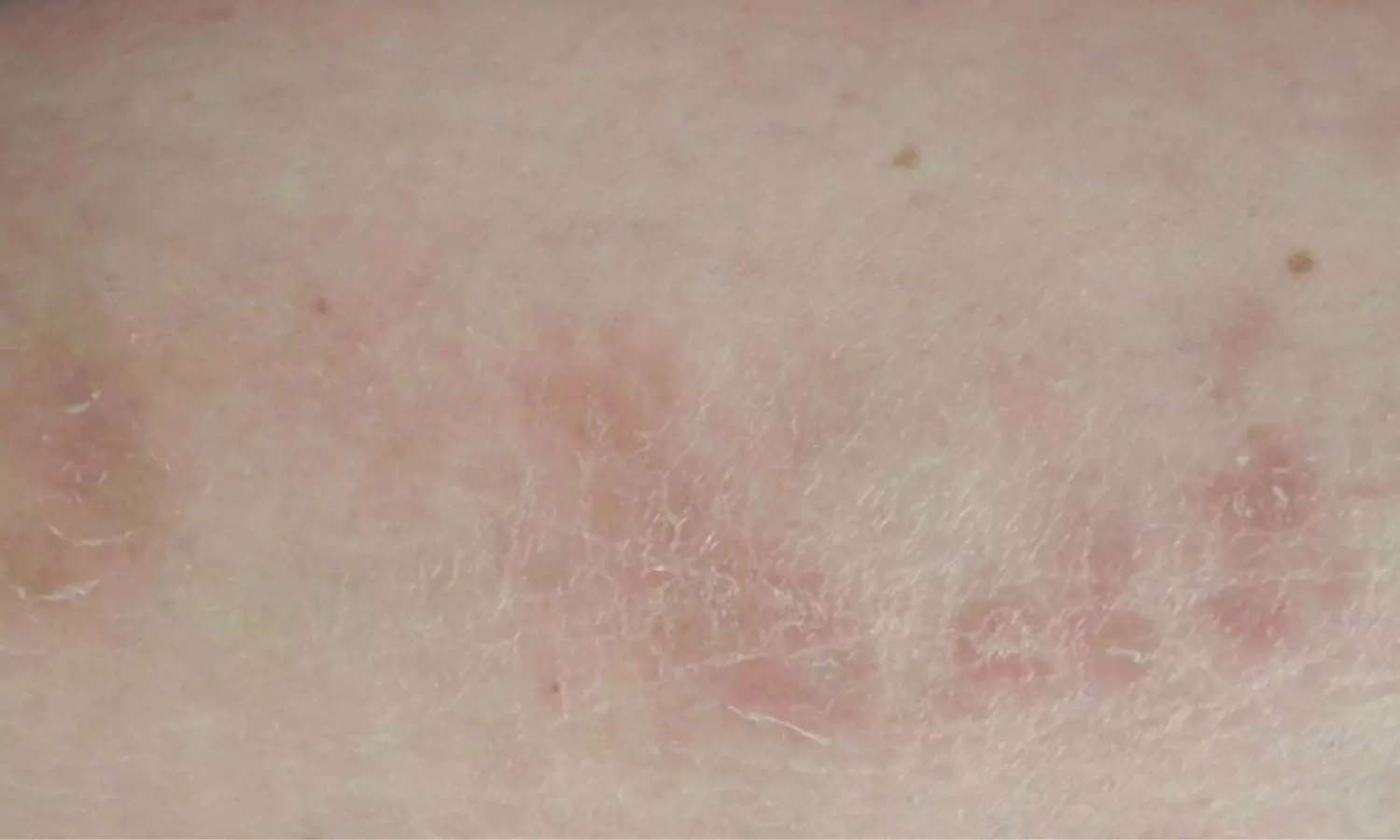- Home
- Medical news & Guidelines
- Anesthesiology
- Cardiology and CTVS
- Critical Care
- Dentistry
- Dermatology
- Diabetes and Endocrinology
- ENT
- Gastroenterology
- Medicine
- Nephrology
- Neurology
- Obstretics-Gynaecology
- Oncology
- Ophthalmology
- Orthopaedics
- Pediatrics-Neonatology
- Psychiatry
- Pulmonology
- Radiology
- Surgery
- Urology
- Laboratory Medicine
- Diet
- Nursing
- Paramedical
- Physiotherapy
- Health news
- Fact Check
- Bone Health Fact Check
- Brain Health Fact Check
- Cancer Related Fact Check
- Child Care Fact Check
- Dental and oral health fact check
- Diabetes and metabolic health fact check
- Diet and Nutrition Fact Check
- Eye and ENT Care Fact Check
- Fitness fact check
- Gut health fact check
- Heart health fact check
- Kidney health fact check
- Medical education fact check
- Men's health fact check
- Respiratory fact check
- Skin and hair care fact check
- Vaccine and Immunization fact check
- Women's health fact check
- AYUSH
- State News
- Andaman and Nicobar Islands
- Andhra Pradesh
- Arunachal Pradesh
- Assam
- Bihar
- Chandigarh
- Chattisgarh
- Dadra and Nagar Haveli
- Daman and Diu
- Delhi
- Goa
- Gujarat
- Haryana
- Himachal Pradesh
- Jammu & Kashmir
- Jharkhand
- Karnataka
- Kerala
- Ladakh
- Lakshadweep
- Madhya Pradesh
- Maharashtra
- Manipur
- Meghalaya
- Mizoram
- Nagaland
- Odisha
- Puducherry
- Punjab
- Rajasthan
- Sikkim
- Tamil Nadu
- Telangana
- Tripura
- Uttar Pradesh
- Uttrakhand
- West Bengal
- Medical Education
- Industry
SGLT-2 inhibitors may mitigate risks of major CV and kidney outcomes in diabetes patients with AKI

In a groundbreaking cohort study spanning two decades, researchers delved into the long-term impact of Sodium-Glucose Cotransport Protein 2 inhibitors (SGLT-2is) on patients with type 2 diabetes and acute kidney disease (AKD). The study emphasized the potential benefits of using SGLT-2is as they caused a significant reduction in all-cause mortality, MAKEs, and MACEs in patients with type 2 diabetes and AKD.
The study results were published in the journal JAMA Network Open.
Type 2 diabetes, affecting millions globally, is an independent risk factor for acute kidney injury (AKI) and chronic kidney disease (CKD). Acute kidney disease (AKD), a transitional stage, is increasingly prevalent, with elevated risks. Sodium-glucose cotransport protein 2 inhibitors (SGLT-2is), known for positive associations with kidney and cardiovascular outcomes, may play a protective role. Hence, researchers explored SGLT-2is' long-term associations in AKD among type 2 diabetes patients, on factors like mortality, major adverse kidney events (MAKEs), and major adverse cardiovascular events by utilizing a longitudinal design and global medical records for robust clinical insights.
By utilizing data from the extensive TriNetX database, shed light on the positive associations of SGLT-2is with critical health outcomes, particularly in the context of AKD.
The cohort, comprising 230,366 patients with AKD and type 2 diabetes, underwent meticulous selection through propensity score matching. The study's focus was to discern the effects of SGLT-2is on mortality, major adverse kidney events (MAKEs), and major adverse cardiovascular events (MACEs) over a median follow-up period of 2.3 years, reaching a maximum of 5 years.
Findings:
- Remarkably, among the enrolled patients, a mere 2.3% were identified as SGLT-2i users.
- After rigorous propensity score matching, these users exhibited significantly lower incidence rates of mortality, MAKEs, and MACEs compared to their nonusing counterparts.
- The absolute differences between the two groups for these outcomes were striking - 9.7% for mortality, 11.5% for MAKEs, and 12.3% for MACEs.
- Delving into the core findings of the treated population, SGLT-2i use was correlated with a substantial risk reduction: a 31% decrease in mortality (Adjusted Hazard Ratio [AHR] 0.69), a 38% reduction in MAKEs (AHR 0.62), and a 25% lower risk of MACEs (AHR 0.75) compared to nonuse.
- These outcomes underscore the potential of SGLT-2is in revolutionizing the management of AKD and minimizing the risks associated with major cardiovascular and kidney diseases.
- Crucially, external validation of these findings was conducted using a multicenter cohort dataset involving 1233 AKD patients who were SGLT-2i users.
- The validation not only confirmed the observed benefits but also emphasized the robustness and generalizability of the results.
- Even more promising was the discovery that the positive impact of SGLT-2is persisted across diverse patient groups. Notably, patients without hypertension, those with advanced chronic kidney disease, and those not receiving other hypoglycemic agents still experienced significant risk reduction associated with SGLT-2i use.
In conclusion, this comprehensive cohort study provides compelling evidence supporting the administration of SGLT-2is in the care of patients with type 2 diabetes and AKD. The study's findings highlight the potential transformation of outcomes, showcasing the crucial role of SGLT-2is in post-acute kidney injury treatment plans. These revelations mark a significant stride towards improving the prognosis and quality of life for a population grappling with the intricate interplay of type 2 diabetes and acute kidney disease.
Further reading: Pan H, Chen J, Chen H, et al. Sodium-Glucose Cotransport Protein 2 Inhibitors in Patients With Type 2 Diabetes and Acute Kidney Disease. JAMA Netw Open. 2024;7(1):e2350050. doi:10.1001/jamanetworkopen.2023.50050
BDS, MDS
Dr.Niharika Harsha B (BDS,MDS) completed her BDS from Govt Dental College, Hyderabad and MDS from Dr.NTR University of health sciences(Now Kaloji Rao University). She has 4 years of private dental practice and worked for 2 years as Consultant Oral Radiologist at a Dental Imaging Centre in Hyderabad. She worked as Research Assistant and scientific writer in the development of Oral Anti cancer screening device with her seniors. She has a deep intriguing wish in writing highly engaging, captivating and informative medical content for a wider audience. She can be contacted at editorial@medicaldialogues.in.
Dr Kamal Kant Kohli-MBBS, DTCD- a chest specialist with more than 30 years of practice and a flair for writing clinical articles, Dr Kamal Kant Kohli joined Medical Dialogues as a Chief Editor of Medical News. Besides writing articles, as an editor, he proofreads and verifies all the medical content published on Medical Dialogues including those coming from journals, studies,medical conferences,guidelines etc. Email: drkohli@medicaldialogues.in. Contact no. 011-43720751




